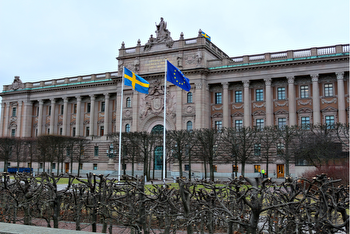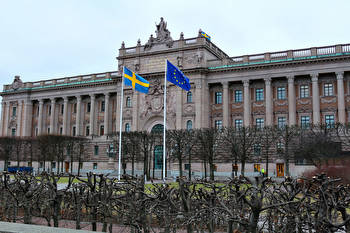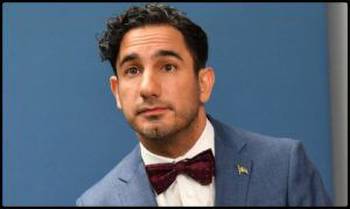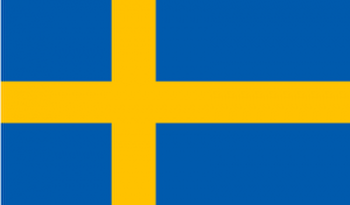Swedish government plots new casino deposit cap
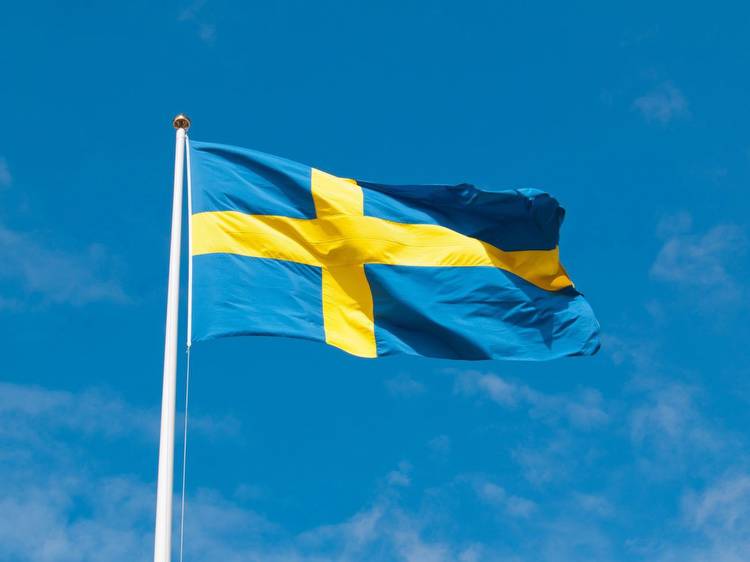
The country’s Minister for Social Security Ardalan Shekarabi revealed today (4 January) that a consultation had been launched as a result of the worsening Covid-19 situation, in order to protect vulnerable players.
The consultation will run until 17 January, with the new measures then implemented from 7 February, until 30 June.
“In a welfare state like Sweden, there must be strong protection for those who gamble for money,” he explained. “That […] is why we are reintroducing enhanced consumer protection now that the risk of problem gambling is increasing as a result of the pandemic.”
This player protection argument was also used as justification for the previous online casino deposit cap of SEK5,000, which was in force between 2 July 2020 and 14 November 2021.
Originally intended to be a short-term measure, the cap was repeatedly extended. When he announced that it was to come to an end, Shekarabi called on local regulator Spelinspektionen to evaluate the need for a permanent cap on casino deposits.
As with this previous limits, sign-up bonuses will also be capped at SEK100. A SEK4,000 loss limit will also be put in place for physical slot machines, where available. Players will also be required to set daily, weekly and monthly limits on time logged into their accounts.
The consultation acknowledges that some players looked to circumvent the previous deposit cap by setting a higher spending limit, depositing funds then switching to the lower cap to play casino games. Kindred and former horse racing monopoly AB Trav och Galopp (ATG) both received injunctions in 2020 after Spelinspektionen discovered this was a possibility on their sites, but these were later overturned by an appeals court.
As a result, operators would be required to contact players within 96 hours of them setting a higher limit to recommend cutting their maximum spend.
It comes as Sweden tightens its Covid-19 controls due to the spread of the Omicron variant of the virus. Measures implemented from 23 December require Swedish citizens to work from home, a requirement for vaccine passports to be used for indoor events of more than 500 participants, and people ordered not to congregate in groups of more than eight.
The government claimed that there had been an increasing number of gambling problems identified among those who had lost their jobs or suffered financial difficulty as a result of the pandemic. Budget and debt counsellors, it added, had also seen an increase in the number of people suffering financial harm as a result of gambling.
Slots were a particularly risky product, it said, with 45% of those calling the state’s problem gambling helpline saying they played the games, compared to 13% that bet online.
While the government admitted that the tighter controls could see players switch to gambling on unlicensed sites, it said there was little evidence that the previous SEK5,000 limit had changed channelisation rates, which remained stable between 84% and 86%. It added that there was also a risk players could shift spend to other products, such as betting, but there was little evidence to show that would occur.
The country’s gambling trade association Branscheforenigen for Onlinespel (BOS), which has been critical of the cap since it was first mooted, again attacked the proposal as hindering rather than helping player protection efforts.
Secretary general Gustaf Hoffstedt explained that as the cap could only be applied to an account with a single operator, those looking to spend more than the SEK4,000 sum would simply register to gamble with other providers.
Spelinspektionen has previously pointed out that it was impossible to enforce the cap across all operators.
Hoffstedt said that prior to the cap’s introduction, players tended to have accounts with one or two licensees. After it was implemented, there has been “a sharp increase” in the number of accounts held by each player.
As play was split across multiple brands and accounts, it was more difficult for operators to develop an overall picture of player habits. “When gambling becomes as fragmented as it does with deposit limits, no individual gaming company can capture risky gaming behaviour, and thus a cornerstone of Swedish consumer protection in the gaming law is lost,” he added.
Hoffstedt therefore called on the government to rethink and safeguard consumer protection.








